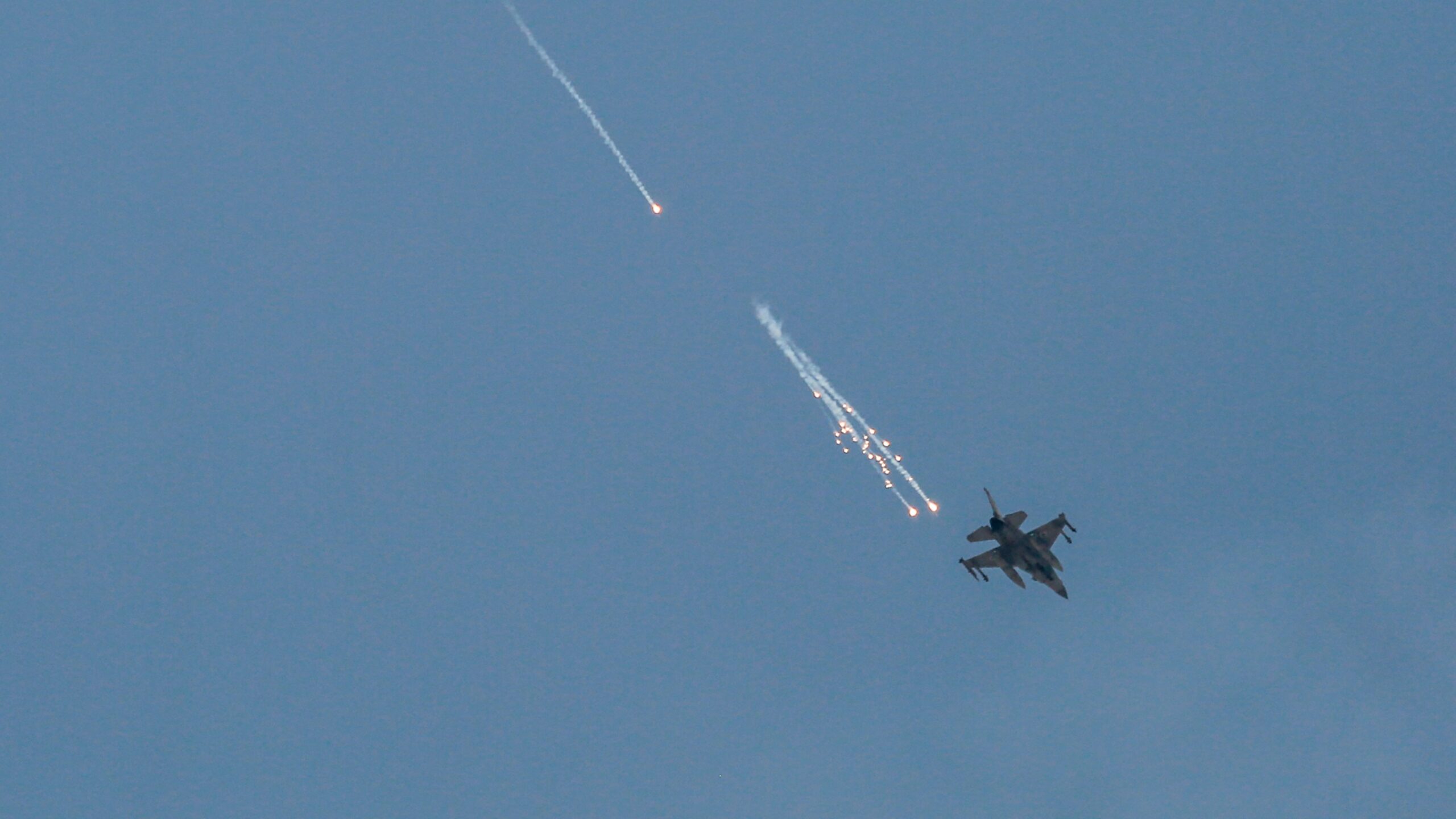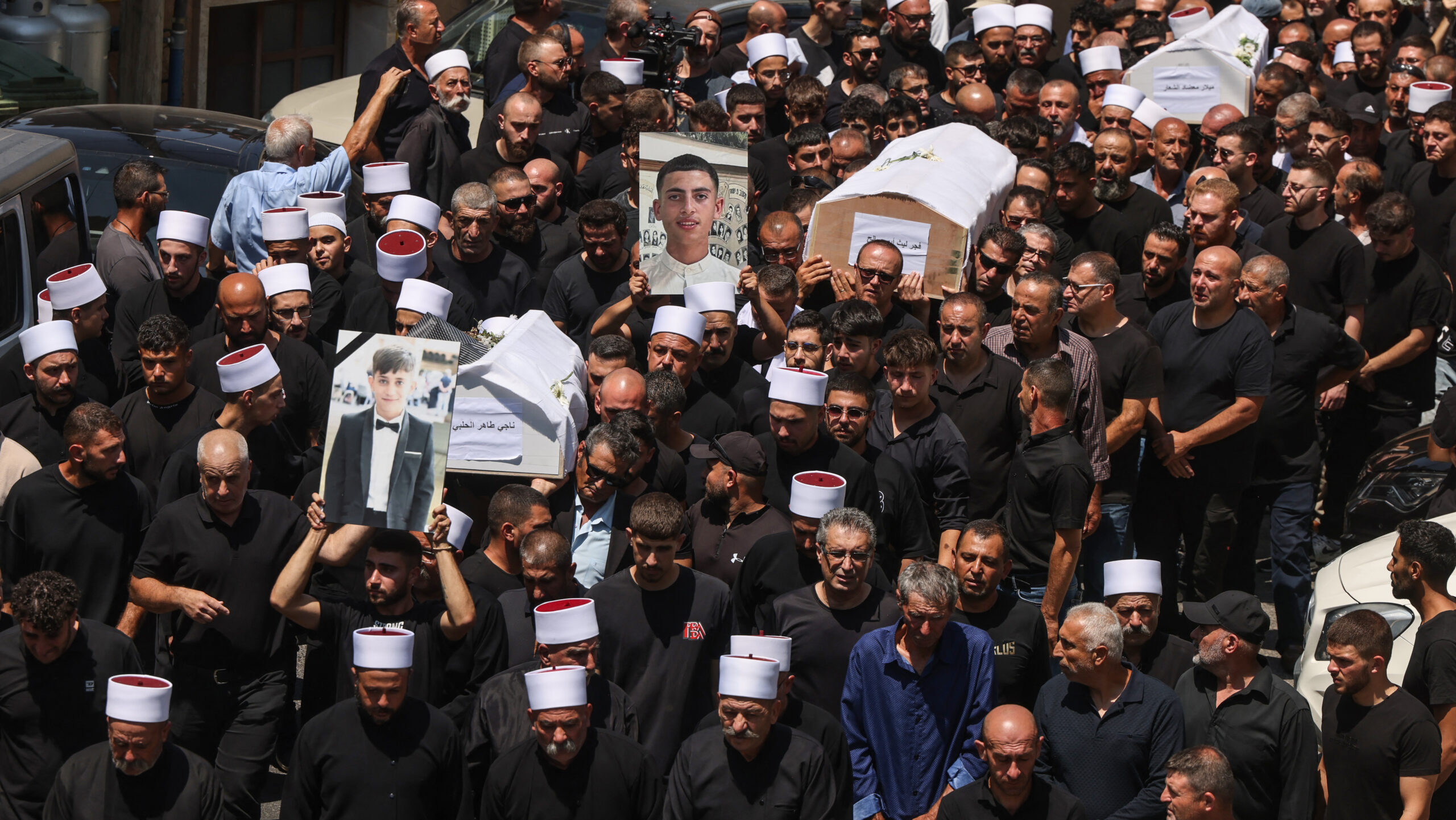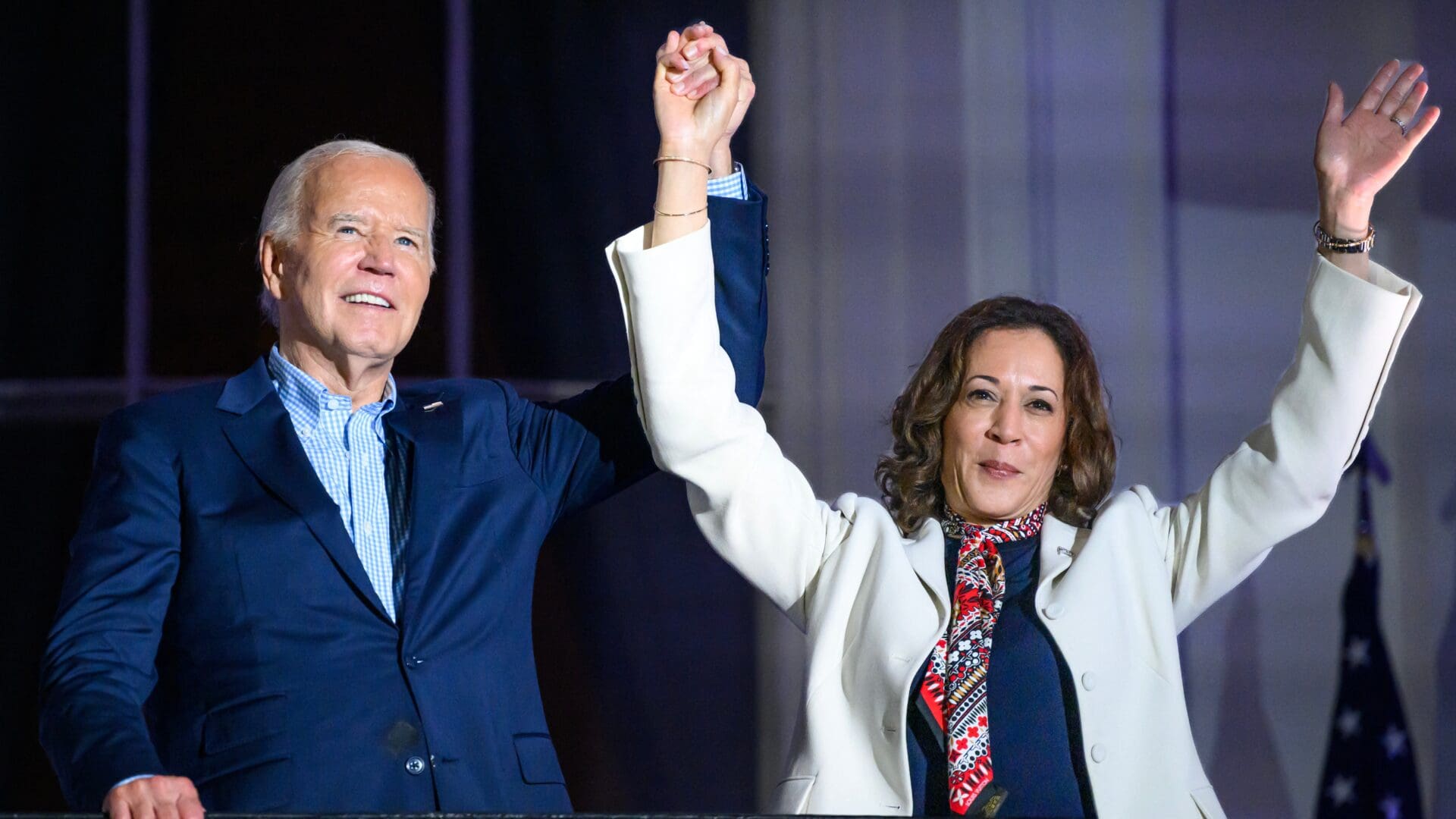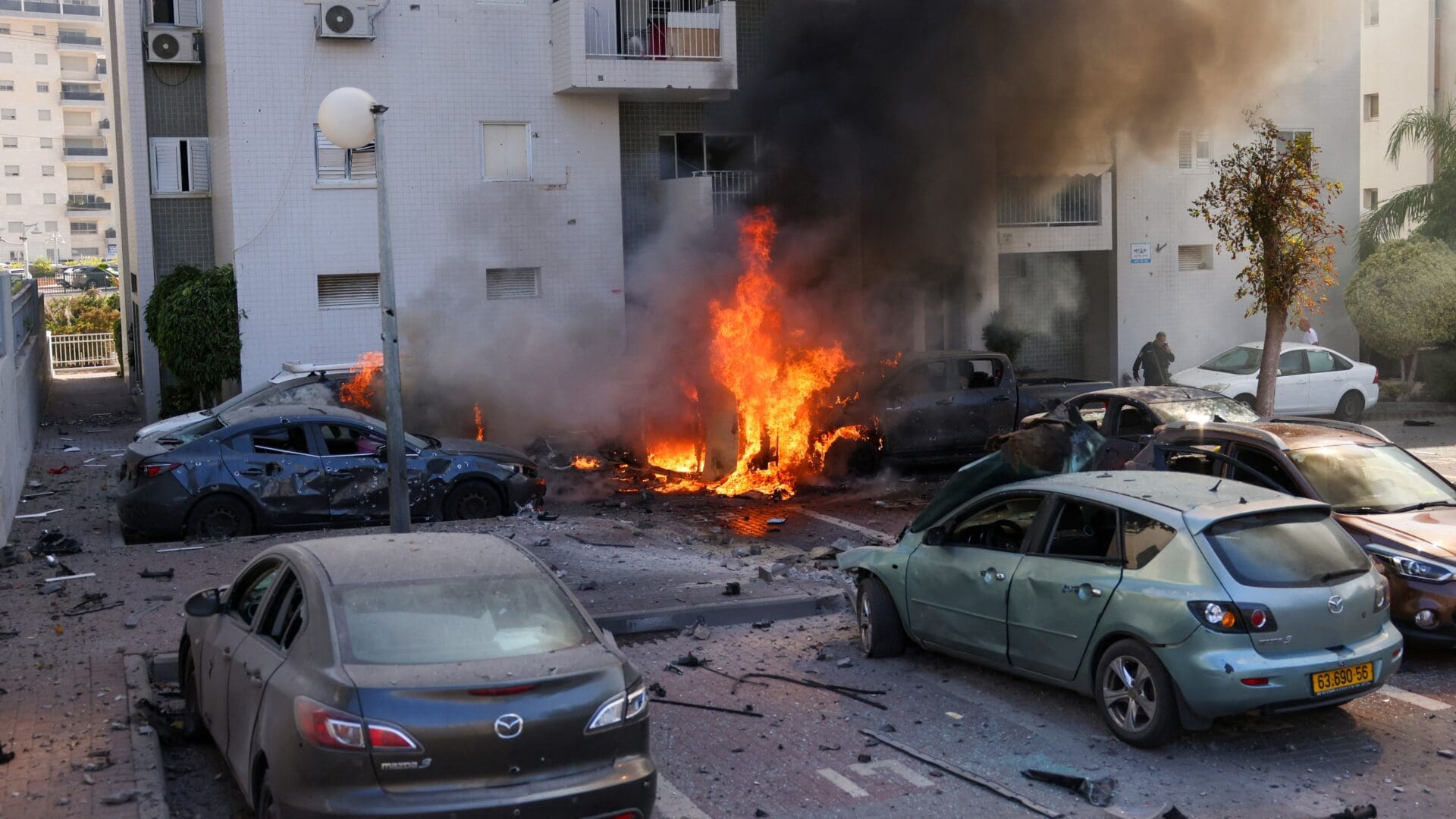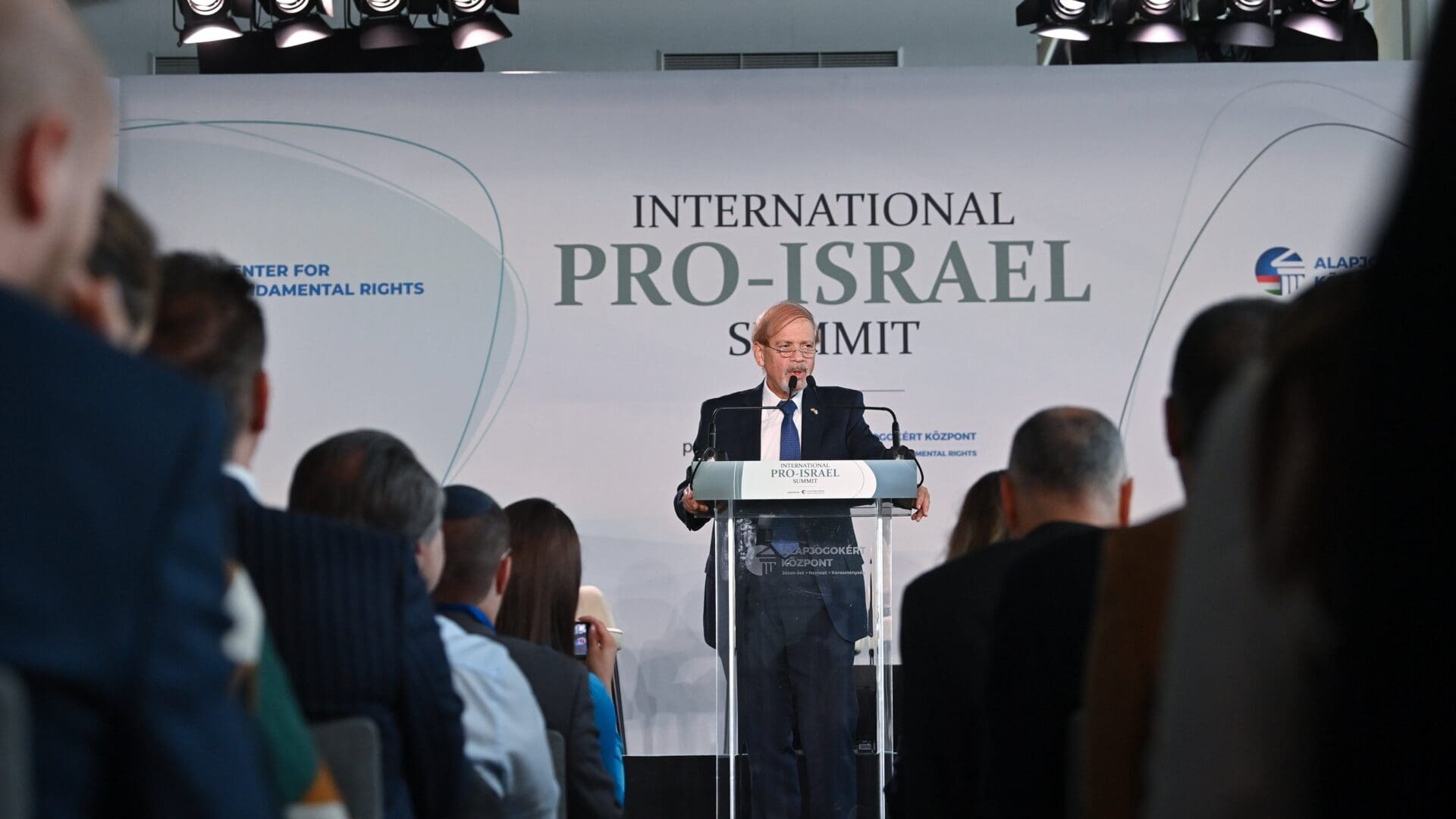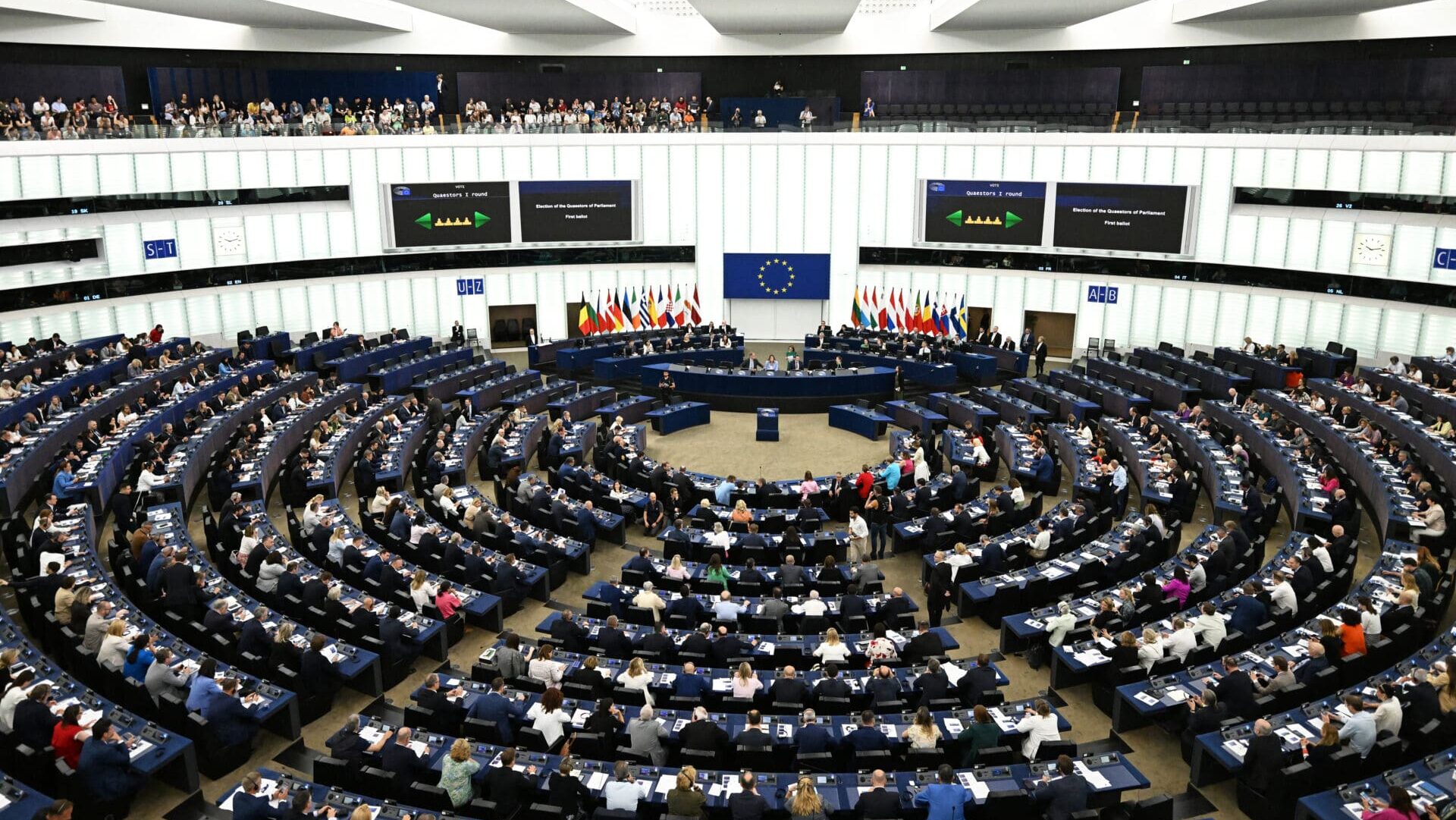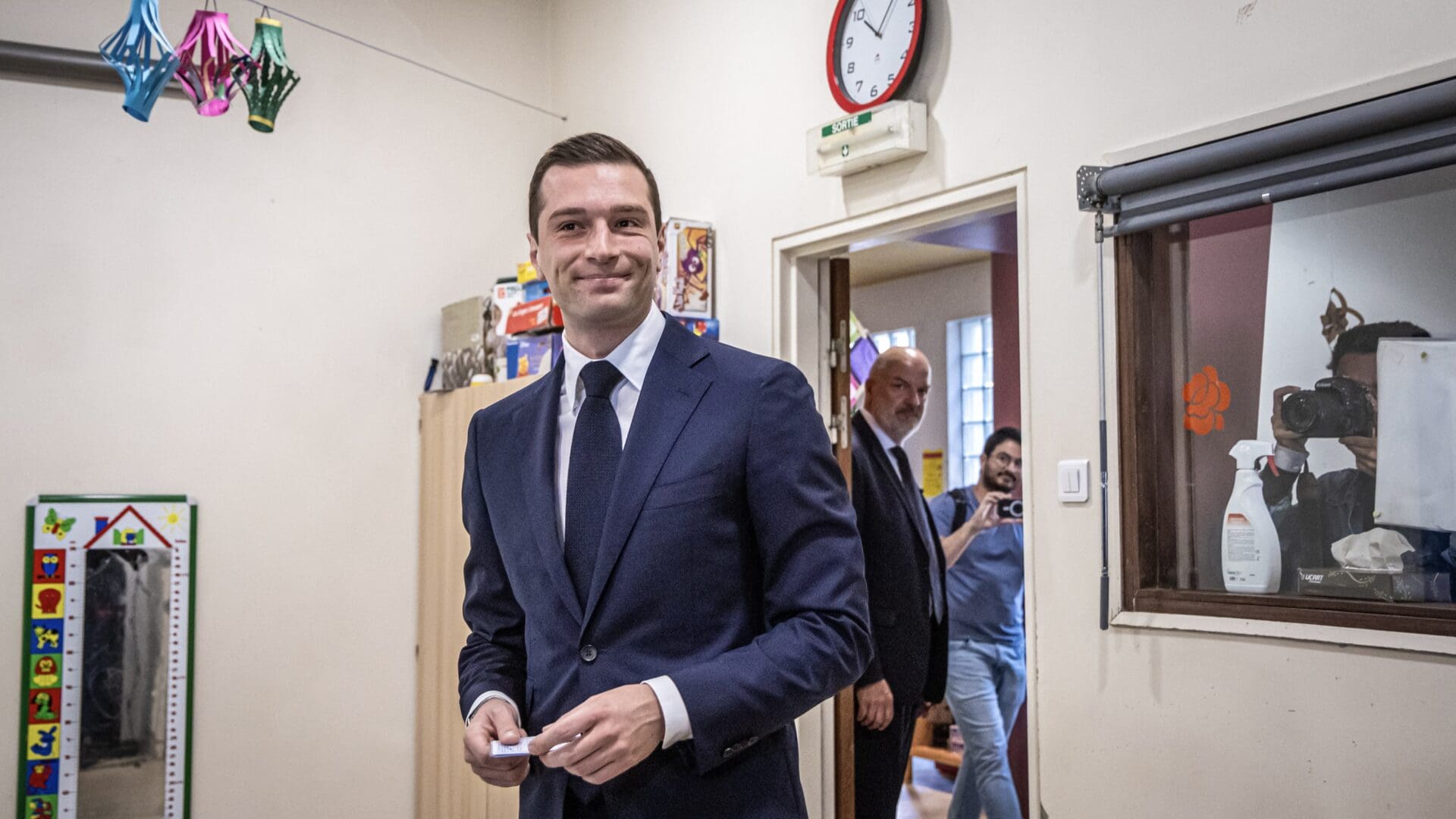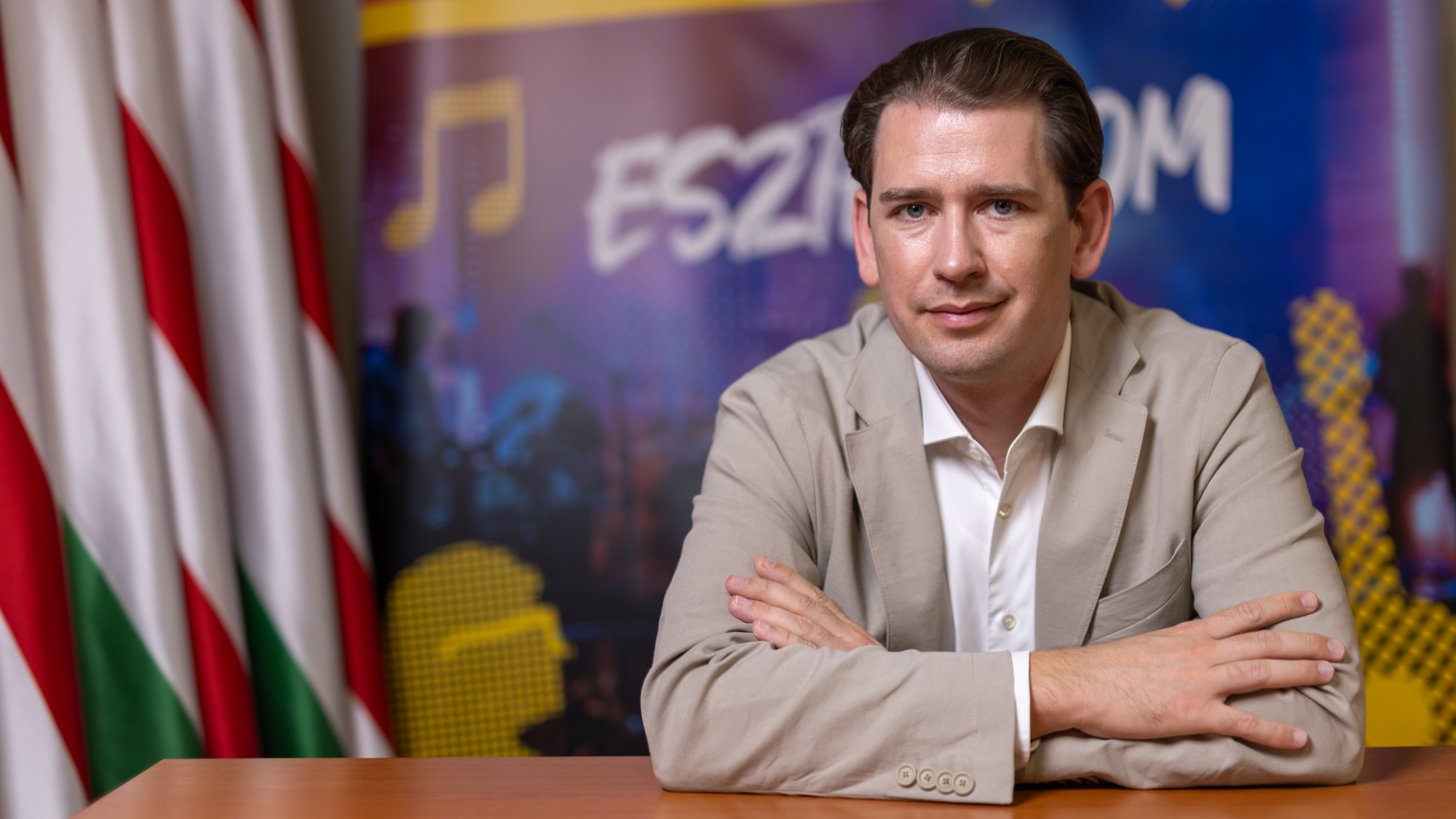
‘Europe is losing competitiveness at an enormous pace’ – An Interview with Former Austrian Chancellor Sebastian Kurz
‘At the moment, there seem to be many priorities, ranging from transgender issues to the fight against climate change. However, the focus on making the European Union a competitive, attractive place to do business and fostering the best or most innovation in the world is lacking,’ former Austrian Chancellor Sebastian Kurz pointed out in an interview with Hungarian Conservative.

